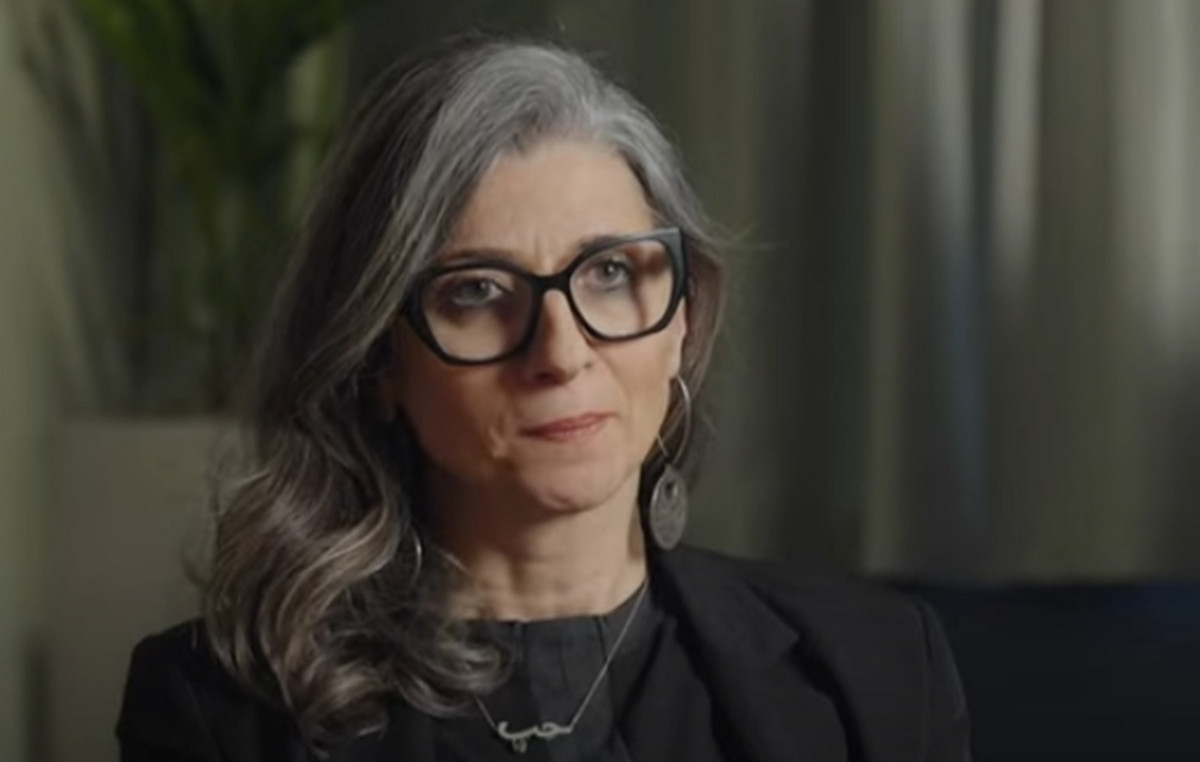Apple complied with the requirement of the Federal Antimonopoly Service (FAS) in a case initiated by Kaspersky Lab, which was supported by the courts of two instances. The FAS order was issued in 2020, and at the end of the last year, the Cupertino authorities notified the department of its full implementation.
The essence of the problem was that Apple began to block applications that used the capabilities of the Screen Time API module, which appeared in iOS 12. It is designed to collect data on how users spend time on their smartphone. In fact, applications with parental control functions and Kaspersky Lab’s product Kaspersky Safe Kids were blocked.
The FAS conducted an analysis and concluded that in this way Apple gets rid of competition in order to promote its own Screen Time application. After blocking access to the API, third-party developers could not implement the necessary functions in their parental control applications. Accordingly, Apple was ordered to remove from the Developer License Agreement (DPLA) a provision that allowed an application not to be allowed in the App Store, even if it complied with all the rules. In addition, the company had to return to iOS the functionality required for third-party parental control applications.
For two years, Apple tried to appeal the decision of the antimonopoly service, but the court did not take its side. The company had to accept an additional agreement to the DPLA, which excludes the application of the application prohibition clause for Russian developers. The changes are effective from October 21, 2022. In addition, iOS 15 allowed the Screen Time API for parental control apps.
Source: Trash Box
I’m Meagan Diaz, a news writer and author at World Stock Market. My main focus is on technology and stock market trends, and I’m passionate about helping readers stay informed on the ever-changing landscape. I bring extensive knowledge of the industry to my work as well as a knack for storytelling that makes my articles both accessible and engaging.







